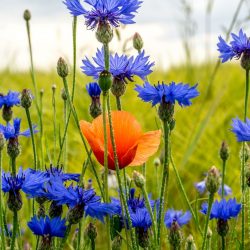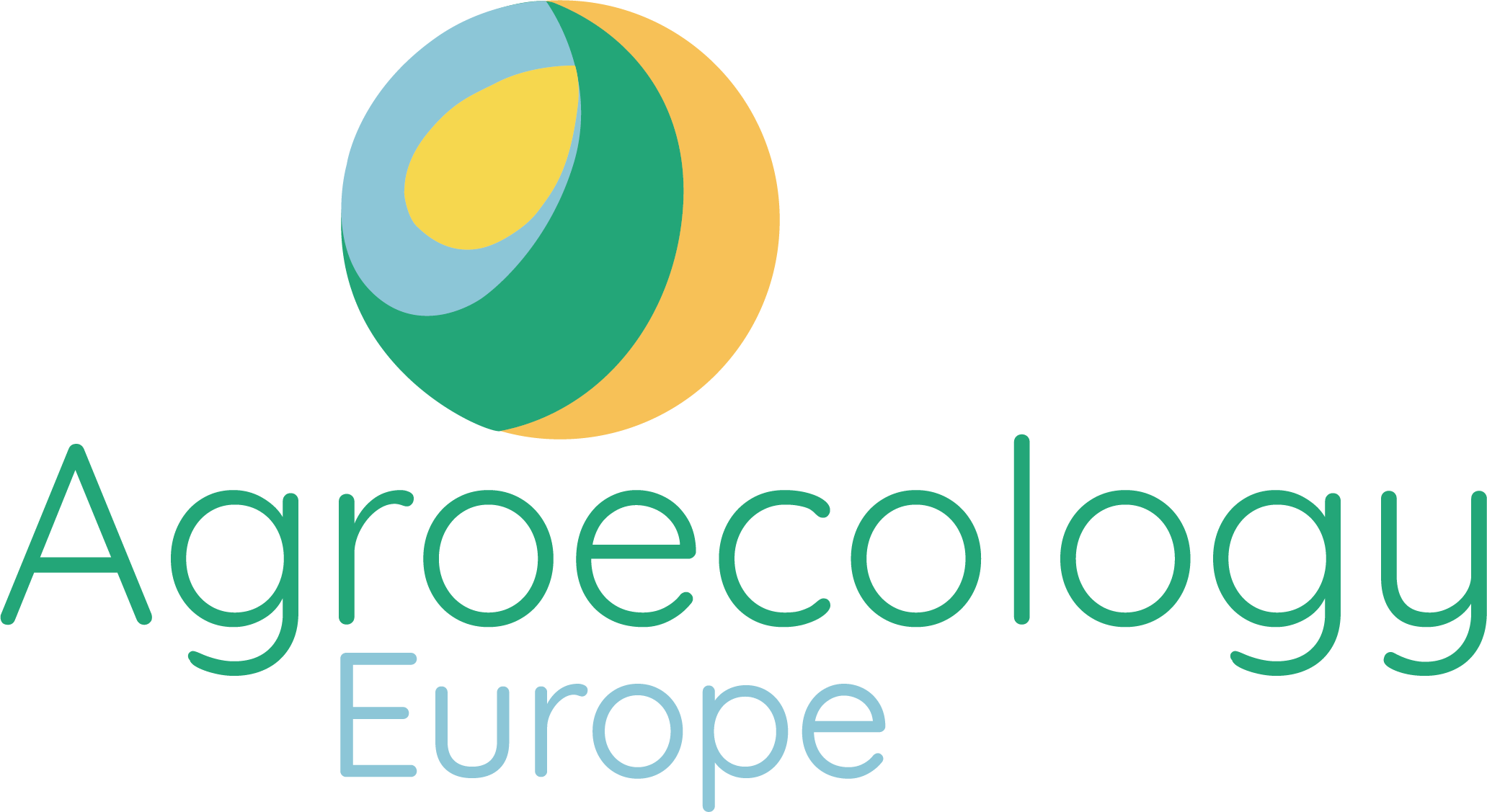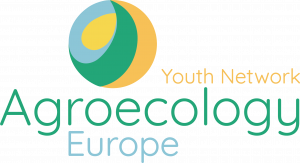Agroecology Europe achieves its goals with the support of the Agroecology Europe Youth Network and working groups, each with clearly defined purposes.
The Agroecology Europe Youth Network and the working groups are a key resource for Agroecology Europe wherein our members can actively participate in a self-organised way, tackling core issues while using our resources efficiently.
ACTIVE WORKING GROUPS
AGROECOLOGY EUROPE YOUTH NETWORK
GENDER AND INTERSECTIONALITY WORKING GROUP
This interconnected network of organizations, groups, entities, and people is strongly committed to a single objective: to transform the dominant global agri-food system through a change of paradigm, as well as to build a more sustainable alternative of food production from a social, economic, and environmental perspective.
The Agroecology Europe Youth Network (AEEUYN) conducted extensive research on some agroecological practices, highlighting the current state of practical agroecology implementation across twelve European countries. We are pleased to present the first Mapping Report of agroecology initiatives in the European Union.
Board Member Cristina Laurenti coordinates the Youth Network. For more information, please contact the Secretariat at secretariat@agroecology-europe.org
The Gender and Intersectionality working group is an active part of Agroecology Europe, dedicated to incorporating feminist and intersectional perspectives. The main goal is to deepen our understanding of these concepts and their practical applications, enabling us to view all our projects and the organisation’s overarching work through a gender and intersectional lens.
Our meetings host esteemed guests, offering invaluable insights into gender, intersectionality, and feminism within the realm of agroecology. These gatherings encourage open discussions, inviting participants to engage actively.
For more information, please contact coordinator Jessica Donham at j.donham@unisg.it or the AEEU Secretariat at secretariat@agroecology-europe.org
PREVIOUS WORKING GROUPS


WORKING GROUP ON AGROECOLOGY & BIODIVERSITY
WORKING GROUP ON EDUCATION & TRAINING IN AGROECOLOGY
As so-well written by the FAO, “Agroecology is based on applying ecological concepts and principles to optimize interactions between plants, animals, humans and the environment while taking into consideration the social aspects that need to be addressed for a sustainable and fair food system”.
These concepts and principles are a key element to restore biodiversity and ecosystem services.
Following the publication of the Biodiversity Strategy and its targets by the European Commission on the 20th of May 2020, Agroecology Europe has a momentum to seize.
Agroecology supporters have an important role to play in spreading and sharing their knowledge on how to preserve above and below ground biodiversity.
And Agroecology Europe would like to convey those messages towards European civil servants and national governments in order to help them adopting adequate policies, research priorities and make the good public investments.
The envisaged objectives are the following:
Convey messages towards EU officials in order to guide them in the adoption of adequate policies & research priorities to improve biodiversity in the EU;
AEEU role to spread & share knowledge on how to preserve above and below ground biodiversity;
Gather knowledge and experiences to find solutions to weed, pest and disease specific management problems.
This Working Group was initially launched during the Forum in Heraklion last September 2019.
The envisaged objectives are the following: exchange experiences; learn about modern Pedagogy theory and practices (i.e. different case studies and specific tools); explore challenges; and start collaborations among each other.
For more information, please contact the Secretariat at secretariat@agroecology-europe.org


